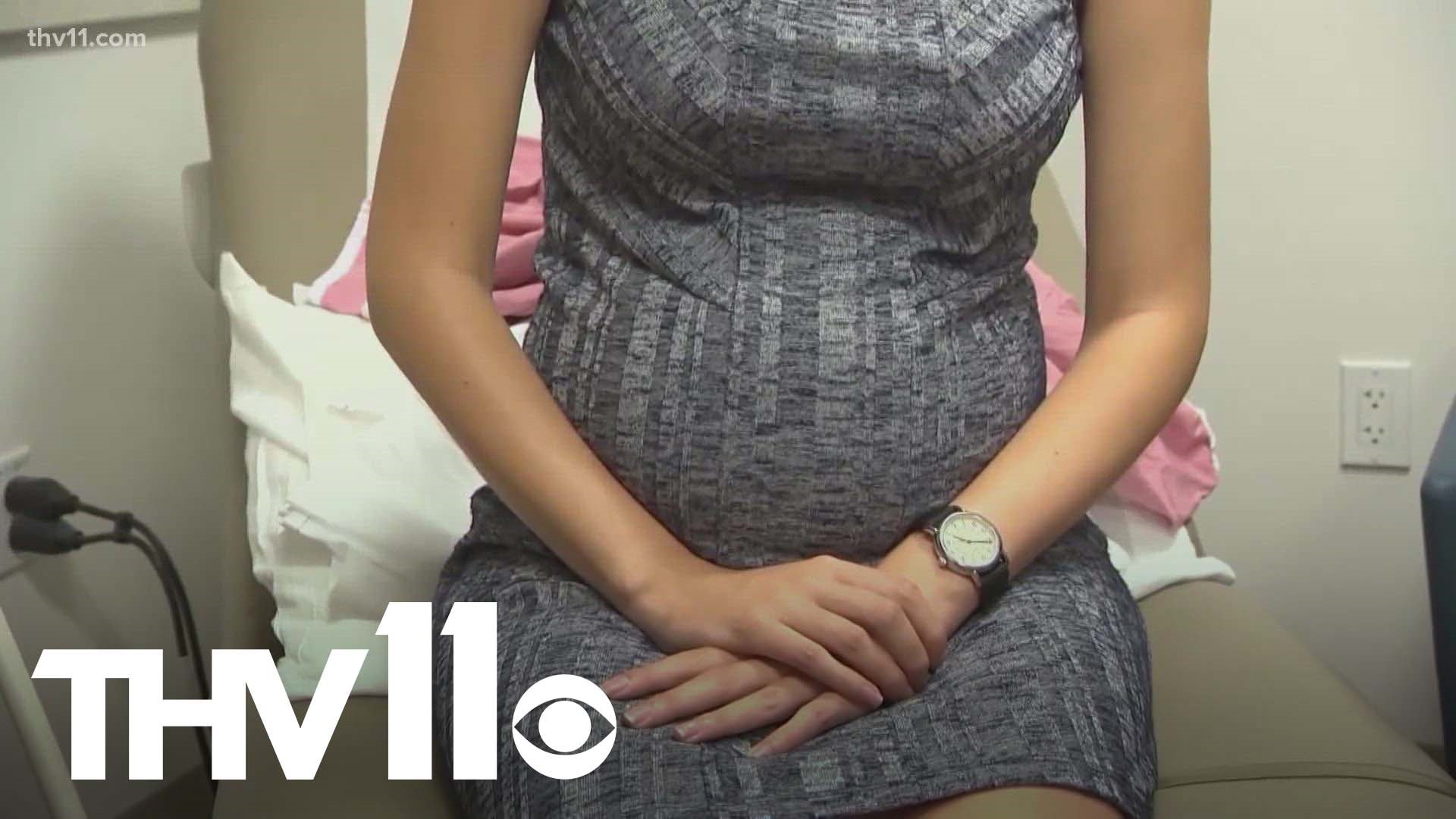LITTLE ROCK, Ark. — Having access to doctors and hospitals is crucial, especially if you're pregnant— but several parts of Arkansas do not have that access.
A new report from the March of Mimes showed that almost half of Arkansas is now considered a maternity care desert.
"47% of the counties in Arkansas are part of those deserts, but another 21% have low access or moderate access," said Dr. Creshelle Nash with Arkansas Blue Cross Blue Shield.
She said that the decrease in maternity care access is a problem and that there are several factors behind it.
"We know that we have medically underserved areas in the state of Arkansas. And we have hospitals that are working to take care of people. And they have to have access to resources, rights, and providers," Dr. Nash said.
A county is considered a desert if it doesn't have a birthing center or birthing hospital, and if there aren't any OBGYNs or certified nurse midwives.
"And so it has been a tough time. And the pandemic on top of that has made it even more stressful," she added.
According to the March of Dimes, 35 counties in the state are considered maternity care deserts.
However, Dr. Nash said that maternal and infant mortality is another big issue.
"Our maternal mortality and infant mortality rate is higher than the rest of the nation," she said.
She added that we also don't have as many birthing hospitals as we used to.
"On the last report, we had 39 birthing hospitals now we have 37 We lost two more. So we have to have a concerted effort across the board to address this issue," she said.
UAMS is one of the groups that has been tackling this problem.
Wanda Standridge, the call center director at the hospital, said that's one of the ways they expand their reach to women across the state.
"We do high-risk maternal telehealth," she explained. "We also facilitate high-risk maternal transports from rural areas or rural hospitals into UAMS."
Standridge said that they received more than 100,000 calls from 2021 to 2022.
"It's just trying to fill the information gap and let people be informed and have the care that they need," she said.
Rosalyn Perkins with UAMS said that they also focus on education where nurses travel around the state to teach other nurses who treat high-risk patients.
"We think that every mom with a high-risk pregnancy, should have the care that they deserve, no matter where they live," Perkins added.
About 36% of counties in the US are considered maternity care deserts.

